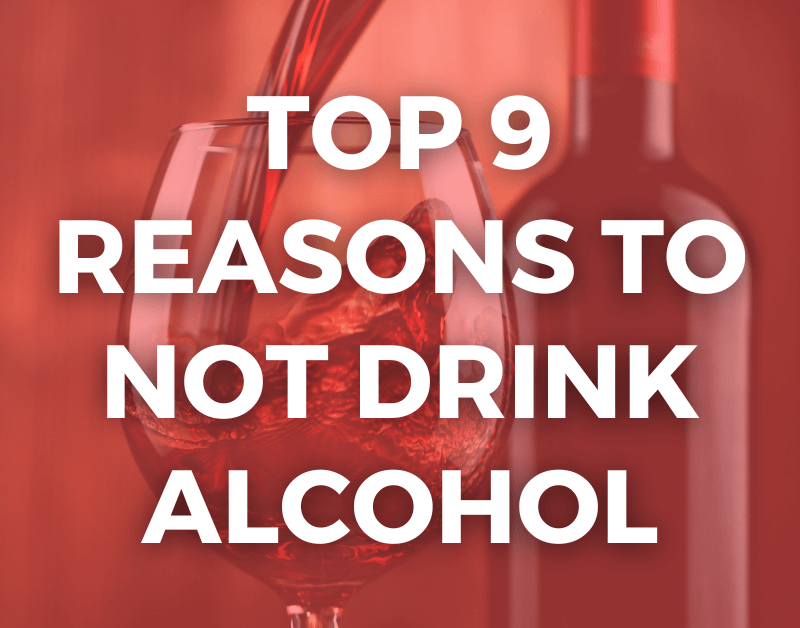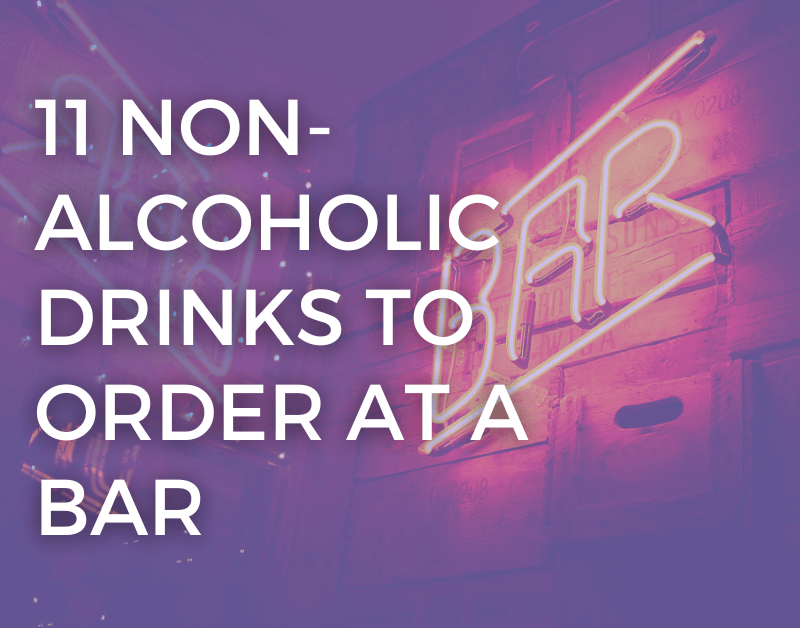How Long Does It Take for Hormones to Balance After Quitting Alcohol?

When it comes to quitting alcohol, the impact on our body goes beyond just the things we see and feel. Sure, reducing or eliminating alcohol leads to weight loss, improved mental health, glowing skin, more energy, better sleep, and more…but that’s just the beginning.
Something not frequently discussed is the effect of alcohol on the balance of hormones within our system. Hormones play a crucial role in regulating various bodily functions, and alcohol consumption can disrupt this delicate equilibrium.
There are plenty of amazing hormone balancing supplements on the market (like this favorite of ours), but the easiest way to combat the hormonal disruption of alcohol is to kick the booze to the curb!
But how long does it take for hormones to rebalance after quitting alcohol? In this article, we'll look closely at the relationship between alcohol and hormones, discussing the timeline and factors that influence the process of resetting after you quit drinking.
The Complex Relationship Between Alcohol and Hormones
Alcohol's Impact on Hormone Regulation
Alcohol consumption can wreak havoc on hormone levels. It can disrupt the normal functioning of the endocrine system, which is responsible for producing and regulating hormones such as cortisol, insulin, and sex hormones.
Hormonal Changes During Alcohol Consumption
Just how much does alcohol’s disruption of your hormones become noticeable? Here are some of the key indicators that drinking is messing up your system:
Elevated Cortisol Levels: Excessive alcohol intake can lead to elevated cortisol levels, the body's primary stress hormone. This can contribute to various health issues, including anxiety and sleep disturbances.
Sex Hormone Imbalance: Alcohol can disrupt the balance between sex hormones such as estrogen and testosterone. This may lead to fertility issues, changes in sexual function, and mood swings.
Impact on Insulin: Alcohol can affect insulin sensitivity, potentially leading to problems in blood sugar regulation and an increased risk of type 2 diabetes.
The Timeline for Hormone Rebalance
Ready to quit drinking and want to know how long it will take for your hormones to rebalance? Here’s a look at how quickly your body bounces back:
Immediate Effects: After quitting alcohol, some individuals may experience immediate improvements in hormone levels. Cortisol levels quickly start to normalize, leading to reduced stress and improved sleep within just a few days.
Within Weeks: In a matter of weeks, changes in sex hormone levels might become noticeable. The body's balance begins to restore, positively affecting mood and overall well-being.
Within Months: For more long-term impacts, it can often take several months of abstinence for hormone levels to fully rebalance. This is especially true for individuals who have been heavy drinkers for an extended period.
Factors That Influence Hormonal Recovery
Duration and Amount of Alcohol Consumption
The length of time and the quantity of alcohol consumed play a significant role in determining how long it takes for hormones to rebalance. Chronic heavy drinking can lead to more prolonged recovery periods.
Individual Variability
Every individual's body is unique, and as such, the time it takes for hormones to rebalance can vary. Factors such as genetics, overall health, and lifestyle choices all contribute to this variability.
Healthy Lifestyle Changes
Engaging in a healthy lifestyle can expedite the hormonal recovery process. Regular exercise, a balanced diet, and stress-reduction techniques can all aid in restoring hormone equilibrium.
Alcohol and Hormones
Quitting alcohol is one of the most impactful first steps you can take towards achieving better health, including hormone rebalancing. While the timeline for hormone rebalance varies from person to person, the body's remarkable ability to heal and restore itself is undeniable. The important thing is to just get started.
FAQs About Alcohol and Hormones
Is there a specific timeframe for hormone balance restoration after quitting alcohol?
The timeframe varies, but short-term effects can be seen within weeks, while more significant rebalancing might take several months, depending on factors like duration and amount of alcohol consumption.
Can hormone balance be expedited through medical intervention?
In some cases, medical intervention might be necessary to address severe hormonal imbalances resulting from chronic alcohol abuse. As always, it’s important to talk with your doctor about your body’s specific needs.
Are there any specific lifestyle changes that can support hormone rebalancing?
Engaging in regular exercise, adopting a balanced diet, managing stress, and getting adequate sleep can all contribute to faster hormone rebalancing.
Can hormone imbalances due to alcohol consumption be completely reversed?
While hormone balance can significantly improve after quitting alcohol, some long-term effects might remain, especially if heavy drinking has been consistent over an extended period.
How can I seek support when quitting alcohol and managing its effects on hormones?
Seeking guidance from healthcare professionals, support groups, and therapists can provide valuable assistance during the journey of quitting alcohol and achieving hormone balance.




